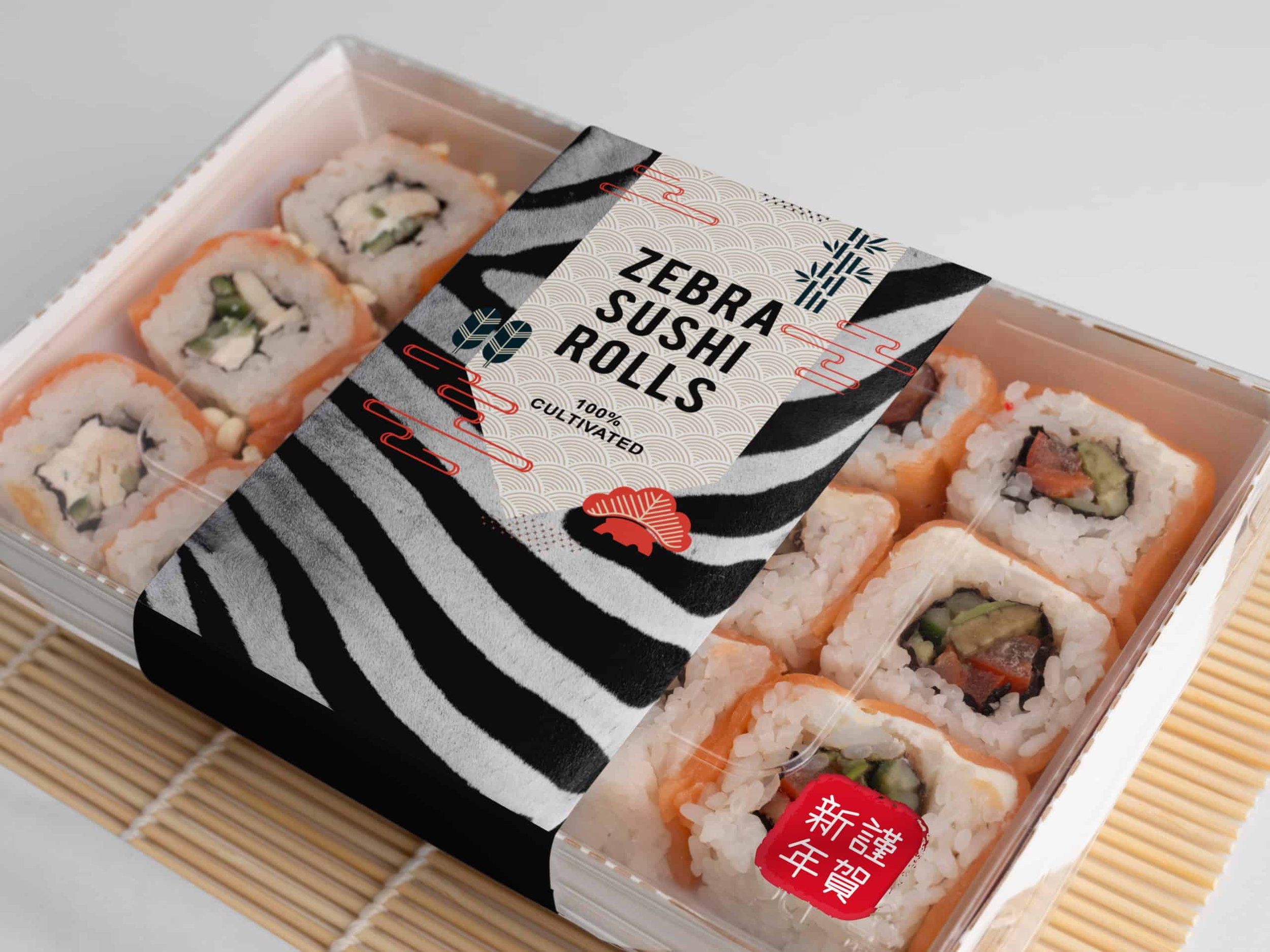New York and London to Get a Taste of Cultivated Lion, Tiger and Zebra Meat
The world’s first exotic animal meat grown in a lab has been created by Primeval Foods.
Tiger tacos, zebra sushi rolls, lion burgers, anyone? These animal-free, exotic dishes could soon be on the menu thanks to food technology startup, Primeval Foods. And as they’re grown in a lab, they can be produced at a fraction of the environmental cost, delivering a sustainable solution to the world’s devastating reliance on animal-farmed products.
‘The next chapter of food’
Yilmaz Bora – the managing partner of London-based venture studio Ace Ventures who created Primeval Foods, believes that now is the time to “double down on innovative ideas,” and hopes these ‘exotic’ alternatives will also encourage people to explore novel culinary experiences, in turn helping to prompt people to try cultivated meat.
“People are constantly seeking to discover new foods, new restaurants, new culinary experiences, but the traditional species have reached their limitation on meeting this demand,” he said. “It has to go beyond the current beef, chicken, and pork dishes, and it has to come without the expense of nature.”
Cultivated lion burgers, zebra sushi, cured giraffe ham, and "elephant oil" are among the products being explored by Primeval Foods, with exclusive tasting events in Michelin-starred restaurants in New York and London set to take place in the next few months pending regulatory approvals.
“In the coming months, we are planning to have a tasting event in London with one of our cultivated exotic meats, to give the world a taste of what the next chapter of food would look like,” added Bora.
What is cultivated meat?
Cultivated meat - also known as cell-based, lab-grown or slaughter-free meat - has been hailed as one of the leading solutions to eliminating factory farms and making the suffering of animals in the farming industry a thing of the past. Unlike plant-based alternatives, such as the Impossible Burger, slaughter-free meat is produced directly from animal cells. Simply put, cells are painlessly taken from a living animal and then scientists feed and nurture the cells so that they multiply. This method can be used to produce meat, fish, and dairy products all while removing the need to raise and farm animals for food.
Production of cultivated meat involves approximately 7 - 45 percent less energy use than conventionally produced European meat, according to a study on its environmental impacts. Greenhouse gas emissions were also found to be 78 - 96 percent lower, while land use was cut by 99 percent and water use by 82 - 96 percent.
More stories:
Species Unite
A collection of stories of those who fight the good fight on behalf of animals.





A new study has revealed a landmark process that can now create bigger pieces of whole meat - without needing to farm an animal.